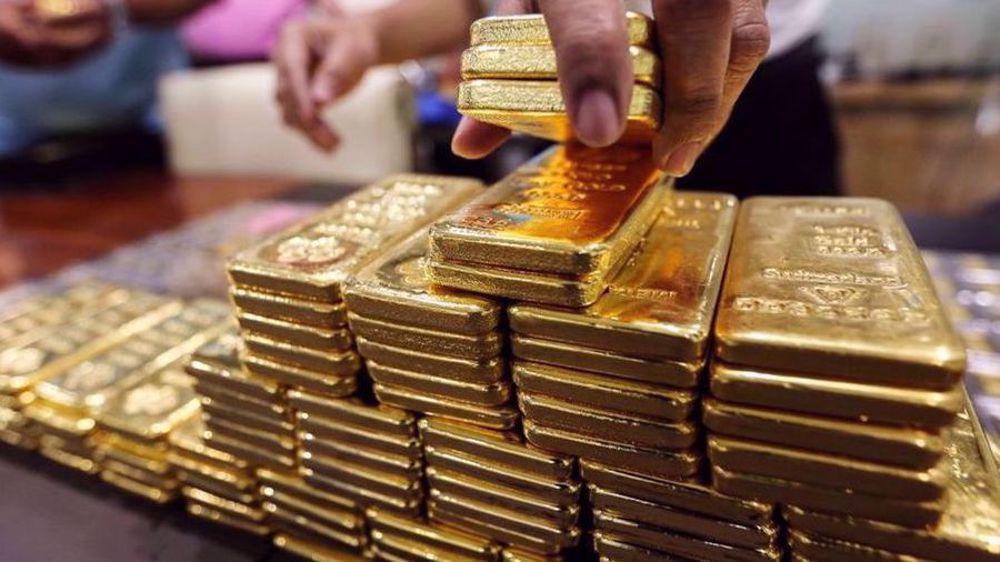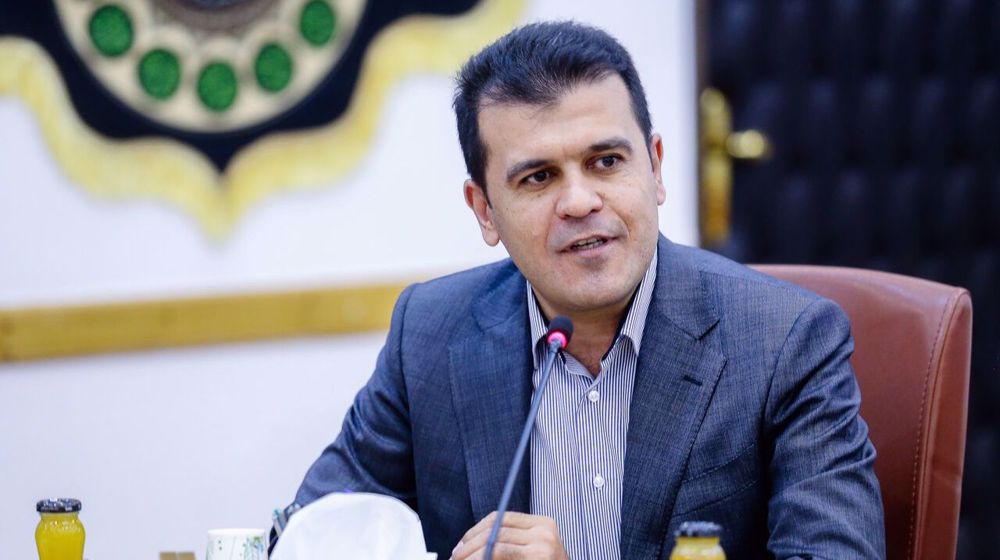Why Trump’s return is of little consequence to Iran
Rolling sanctions imposed on Iran for years have generated a degree of endurance and resourcefulness which enables the country to deal with any possible fallout of Donald Trump’s return to the White House.
The mainstream Western media is already conjuring the things that will come out, citing what they call people briefed on his early plans saying he will drastically increase sanctions on Iran and throttle its oil sales as part of an aggressive strategy to undercut Tehran’s abilities.
Trump took a dim view of Iran during his first term, aborting a six-nation agreement with Tehran—known as the Joint Comprehensive Plan of Action. He also imposed what was described as a “maximum pressure” strategy in hopes Iran would abandon its anti-US and anti-Israeli policies.
However, he sounded contrite at an event for the New York Economic Club in September, where he fielded questions about his future plans, saying he would use sanctions as little as possible and singling out Russia and Iran.
“The problem with what we have with sanctions, and I was using the sanctions, but I put them on and take them off as quickly as possible, because ultimately it kills your dollar and it kills everything the dollar represents. And we have to continue to have that be the world currency. I think it’s important. I think we’d be losing a war.
“If we lost and we lost the dollar as much as the world currency, I think that would be the equivalent of losing a war. That would make us a third-world country. We can’t let it happen.
“So I use sanctions very powerfully against countries that deserve it. And then I take them off because, look, you’re losing Iran. You’re losing Russia. China is out there trying to get their currency to be the dominant currency, as you know better than anybody.
“All of these things are happening. You’re losing so many countries because there’s so much conflict with all of these countries that you’re going to lose that, and we can’t lose that.
“So I want to use sanctions as little as possible,” Trump said.
Analysts say a Trump administration return to a maximum-pressure campaign on Iran would mean tougher enforcement of US oil sanctions, but it could struggle to get China as Iran's top crude customer to cooperate.
China, they say, could retaliate by strengthening work in the BRICS club of emerging economies, consisting of Iran, Brazil, Russia, India, China, South Africa and others, including by reducing reliance on the dollar in deals in oil and other goods.
Iranian officials have played down the significance of the US election result, with the government saying it will not affect the livelihoods of the Iranians.
"The US elections are not really our business. Our policies are steady and don't change based on individuals. We made the necessary predictions before and there will not be change in people's livelihoods," Government spokesperson Fatemeh Mohajerani said Wednesday after Trump claimed victory.
Iranian economists think Trump’s return to power is unlikely to lead to any turbulence in the country’s economy.
Nevertheless, much depends on measures taken by state planners to deal with the situation. The history of sanctions has shown every threat entails an opportunity that can be used to stabilize the situation and improve.
Trump’s sanctions in 2018 initially led to a steep drop in Iran’s oil exports, but they forced the country to find alternative export channels and return the Iranian oil to the market.
Iran has also been able to tamp down the effect of American sanctions by expanding its trade with third countries through a proactive economic policy.
One should not forget the wise leadership of the country’s top authority to the accompaniment and support of the people which have greatly reduced and sometimes neutralized the effects of the sanctions.
Moreover, the hegemonic power of the United States is waning, and its last tactic of using economic sanctions as a weapon against countries is losing effectiveness in the face of rising multilateralism.
As reflected in Trump’s remarks, further resort to such coercive measures has grave consequences for the country.
China, Russia and Iran have built a trading system that uses mostly national currencies in trade, avoiding the dollar and exposure to US regulators, making sanctions enforcement tough.
When Trump imposed sanctions during his first term, Iran was an observer member of BRICS. Now, it is a full member of the expanding strategic and economic coalition, which has given it diverse means of trade and ways to effectively fend off any hostile measure.

Iran gains $1.3 billion from its gold import spree: Report

Iran’s top car manufacturers report fall in output

Iran making heavy investment in buying GPUs: Official
US war machine takes Yemen under 22 new attacks; 16 killed, injured in al-Hudaydah
Americans know extent of Iran’s defensive power; Iran doesn’t trust US, but will test it: FM
Organization of American Historians condemns Israel’s ‘scholasticide’ in Gaza
Iran gains $1.3 billion from its gold import spree: Report
IAEA can resolve remaining issues through independent approach, Iran says
VIDEO | Press TV's news headlines
Military buildup goes against US offer of diplomacy to reach a deal: Araghchi
Israeli soldiers reveal shocking accounts of ‘Perimeter’ crimes in Gaza: Report







 This makes it easy to access the Press TV website
This makes it easy to access the Press TV website